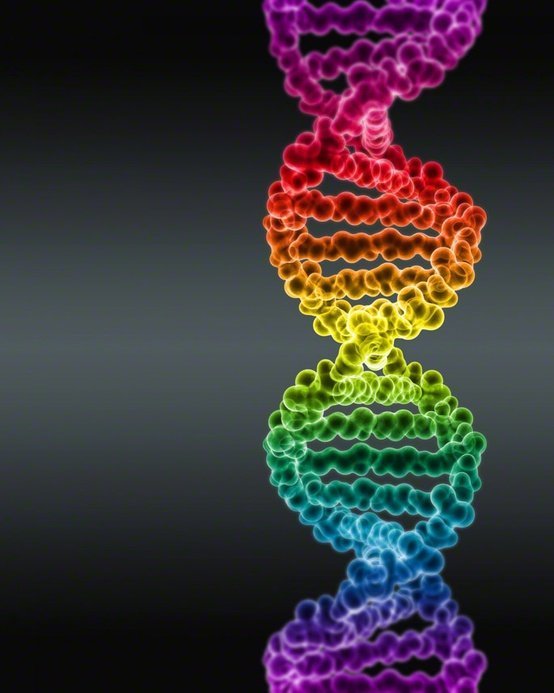Studying at BMEThe Budapest University of Technology and Economics (BME, www.bme.hu) is a prestigious higher education institution in Hungary. Its main mission is to educate professionals for the industry in the disciplines of technology, informatics, natural sciences, economics and management. The university’s mission, inseparable from the education, is to cultivate the sciences, to make scientific research, which encompasses fundamental and applied research, technological product and service development, and exploitation of results making up the innovation chain. |
|
Studying at the Faculty of Chemical Technology and BiotechnologyThe education of chemical engineers and chemists has a long-standing tradition in Budapest University of Technology and Economics (BME). The Faculty of Chemical Technology and Biotechnology (VBK) was founded in 1782 and nowadays trains chemical engineers, bioengineers and environmental engineers at BSc and MSc level in Hungarian, as well as chemical engineers at BSc and MSc level in English. Course Director responsible for English Programs: Zoltán HELL DSc., E-mail: hell.zoltan@vbk.bme.hu OFFICE HOURS : Wednesdays 1 p.m.- 2:30 p.m. in Dean's office K.I.22. Phone: +36-1-463-1414
For practicing for the entrance exam please visit this website.
|
|
 |
 |
Courses recommended for Stipendium Hungaricum applicants |
|
BSc in Chemical EngineeringChemical engineeging students at Bsc level acquire a profound theoretical knowledge in chemistry, mathematics, physics and physical chemistry. During their studies, all students get practical experience in typical tasks that chemical engineers encounter in their practical everyday work. Students acquire up-to-date laboratory skills, get acquainted with the machines and apparati used in the chemical industry, familirize themself with the principles needed for their optimal operation, and develop expertise in a more specific technology within the chemical, food and light industries. |
 |
MSc in Chemical Engineering
|
|
|
Other specializations available by request and only with appropriate number of applicants: Analytical and Structural Chemistry, Industrial Pharmaceutics, Polymer and Textile Technology. Further information on courses is available here. PhD programFurther information: http://www.ch.bme.hu/en/education/PhD |
|
Research activityOur Faculty places a particular emphasis on R&D&I activities in accordance with the social mission of our university. Research priorities are related to the fields of inorganic and organic chemistry, chemical technology, pharmaceutical innovation, process engineering, biotechnology, health and environment protection, food related topics, nanotechnology, material sciences, polymer technology. Further information on research is available here. The Nobel Prize in Chemistry 1994: George A. OlahThe Royal Swedish Academy of Sciences has decided to award the 1994 Nobel Prize in Chemistry to Professor George A. Olah for his contributions to carbocation chemistry. He was born in Budapest, Hungary, he studied, then taught, at what is now Faculty of Chemical Technology and Biotechnology, Budapest University of Technology and Economics |
 |



 Chemical, process and biochemical engineers are involved in the design, modification and operation of processes to produce the things we rely on everyday: medicaments, food, oil and gas, energy, plastics etc. Due to the transferable skills chemical engineers learn at university, they're employed across a huge range of sectors. Chemical engineering Msc student of BME may benefit from the traditionally strong connentions of the Faculty to various chemical industrial sectors and our continous motivation to participate in research and development. BME offers the Msc chemeng students to join as soon as they can a research group, take part in an actual project and by this learn-by-doing experience synthetise the knowledge gained in different courses into an understanding of general principles and develop problem spolving skills.
Chemical, process and biochemical engineers are involved in the design, modification and operation of processes to produce the things we rely on everyday: medicaments, food, oil and gas, energy, plastics etc. Due to the transferable skills chemical engineers learn at university, they're employed across a huge range of sectors. Chemical engineering Msc student of BME may benefit from the traditionally strong connentions of the Faculty to various chemical industrial sectors and our continous motivation to participate in research and development. BME offers the Msc chemeng students to join as soon as they can a research group, take part in an actual project and by this learn-by-doing experience synthetise the knowledge gained in different courses into an understanding of general principles and develop problem spolving skills. 
